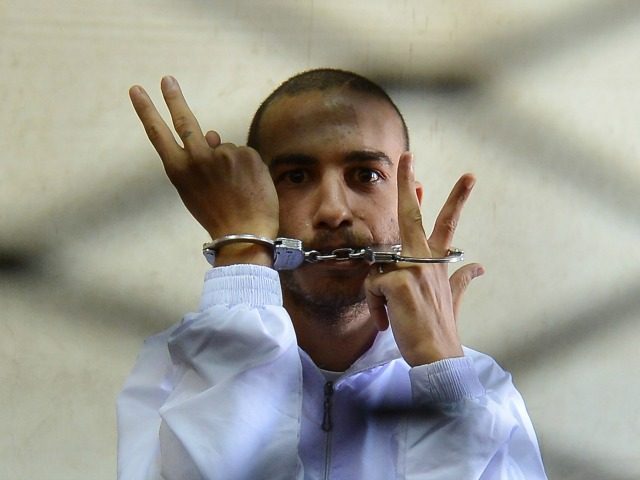The Egyptian government has rejected a bill to abolish its controversial anti-blasphemy law, ruling that there is no need to eliminate or soften legislation that does not significantly undermine freedom of thought in the country.
A representative of the Egyptian Ministry of Justice, Ayman al Rafah, responded to questions from the parliamentary Committee regarding the proposed bill, declaring that the so-called anti-blasphemy law safeguards the life of the various religious communities that are not specifically recognized by Egyptian law, does not undermine freedom of thought, and offers protection from incidents that could unleash sectarian violence.
The law, which proscribes public contempt of religion, has come under international scrutiny in recent months because of what critics describe as its selective use against dissidents and non-Muslims.
Public figures such as writer Fatima Naoot have been tried and jailed under the law, as was Karam Saber (pictured), an attorney who is currently serving a five-year sentence for “contempt and defamation of Islam.”
In February, an Egyptian court upheld a one-year jail sentence for Muslim researcher Islam Al-Behery convicted of blasphemy for a television program in which he questioned the credibility of some widely accepted sources of the Prophet Mohammad’s sayings.
Likewise, three Christian high school students were sentenced to five years in prison on charges of offending Islam by making a 30-second phone video that made fun of Muslims at prayer and mimicked jihadi-style throat-slitting, not long after militants of the Islamic State slaughtered 21 Coptic Christians on a beach in Libya in February 2015.
Last December, leaders of Egypt’s Coptic Christian community called for the abolition of the anti-blasphemy law at a UN minority rights forum in Geneva, alleging that the legislation was being used to “exploit” the Christian church. Christians make up some 10 percent of Egypt’s population.
The head of the European Coptic Organizations Union, Medhat Kelada, spearheaded efforts to repeal the law, saying that it has no place in Egypt following the expulsion of the Muslim Brotherhood.
The number of prosecutions under the restrictive law skyrocketed after the “Arab spring” uprising in 2011, but have not fallen in the years following the ouster of Brotherhood President Mohammed Morsi by the more moderate el-Sisi.
Mina Thabet, a researcher at the Egyptian Commission for Rights and Freedoms, claims there is little political will to change the situation.
“Sisi is conservative. He doesn’t care about religious freedom,” said Thabet in an interview with Foreign Policy magazine.
According to Egyptian sources, the proposed bill will continue to be considered by the relevant parliamentary bodies, which will probably also request an assessment from the Islamic University of al-Azhar as well as the Coptic Orthodox Patriarchate.
Follow Thomas D. Williams on Twitter Follow @tdwilliamsrome

COMMENTS
Please let us know if you're having issues with commenting.